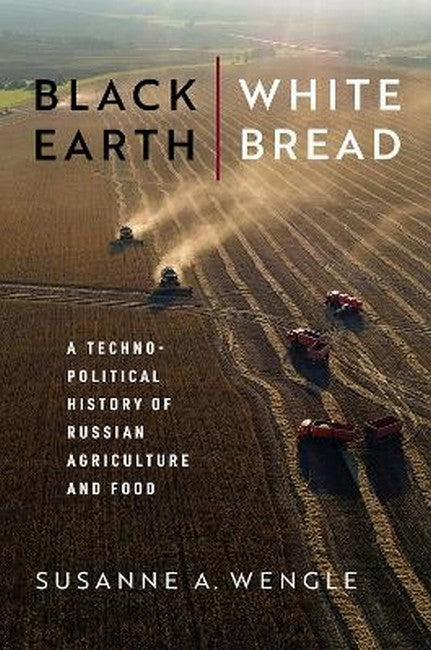Susanne A. Wengle is the Nancy R. Dreux associate professor of political science at the University of Notre Dame and the author of Post-Soviet Power: State-Led Development and Russia's Marketization.
Request Academic Copy
Please copy the ISBN for submitting review copy form
Description
List of Illustrations Introduction: Setting the Table 1 Governance; or, How to Solve the Grain Problem? 2 Production 3 Consumption; or, The Perestroika of the Quotidian 4 Nature Conclusion: Vulnerabilities Notes Bibliography Index
"Who eats what? Susanne A. Wengle's important and gripping book recasts a century of Russian history as a series of revolutionary transformations of the country's food system. Answers to problems of food production and consumption are central pillars of political power and legitimacy for communist and post-communist regimes alike."-Henry Thomson, Arizona State University "This eminently readable book, based on fascinating research, serves as an urgent reminder that techno-scientific projects in agriculture have deep histories and variegated geographies, and thus are hardly an invention of Silicon Valley start-up culture."-Julie Guthman, University of California, Santa Cruz "A comprehensive and very refreshing technopolitical history of Russia's agrifood system. Wengle's nuanced account of Russia's remarkable rise from a Soviet-era food importer to a rising global powerhouse has resulted in a timely book-a tour de force that is nonetheless narrated in an extremely concise and lively way."-Oane Visser, International Institute for Social Studies, Erasmus University Rotterdam "Challenges you to think beyond the confines of your respective specialty and consider big themes in agricultural history and policy. . . . Wengle should be commended for her lucid prose and sharp analysis, as well as the inclusion of several maps created by the author herself."-H-Net Reviews "Offers a novel approach to the transformations of Soviet and post-Soviet agriculture, emphasizing the connections between the state, production, and technology, as well as consumers and nature, the latter two often neglected in political science."-Foreign Affairs

